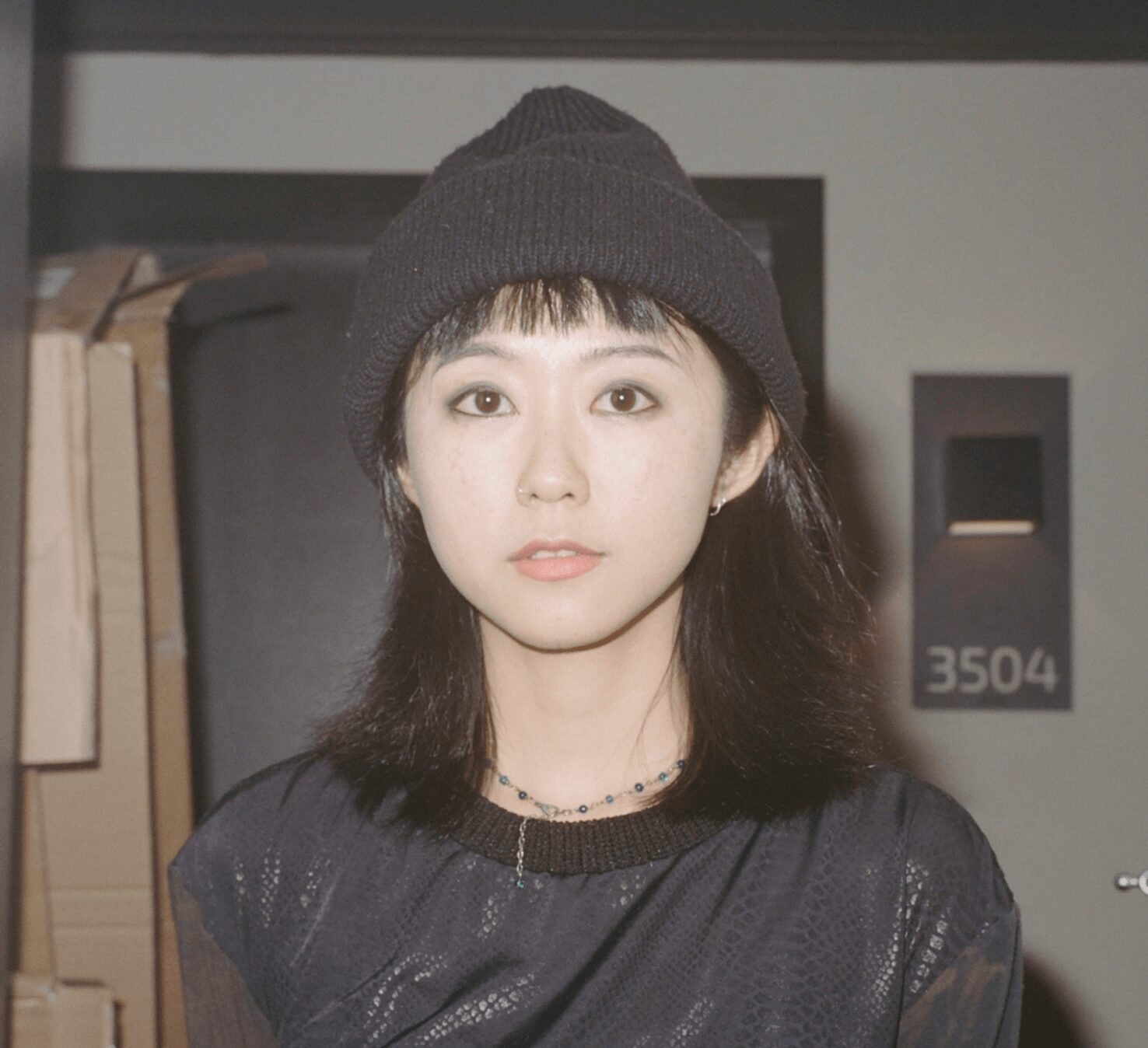We recently connected with Ke Liu and have shared our conversation below.
Ke, thanks for joining us, excited to have you contributing your stories and insights. Can you talk to us about a project that’s meant a lot to you?
The most meaningful project I’ve worked on is an experimental documentary, “Never Fear, And You Will Be Lucky.” It has been shown in many galleries and exhibitions in China and is now streaming exclusively on CathayPlay (https://www.cathayplay.com/en/never-fear-and-you-will-be-lucky). I started to develop this project after moving into an African-American neighborhood in Chicago and reading about a Chinese girl reported as a prostitute in a community crime newspaper. Out of curiosity and sympathy, I began to search for her. I wondered how she looked and what her story was, as we were both Chinese women currently living in an area with a high crime rate.
During my search, I encountered many people in my neighborhood whom I would never have met if not for this project. I met a couple suffering from PTSD after the Vietnam War, a high school boy who showed me a gun he had just gotten from his gang for protection, a police officer who arrested the girl I was looking for, and a former gang member involved in human trafficking.
At the beginning, I wasn’t sure what the film could be about, and I didn’t want to make a traditional documentary with a storyline and structured interviews. So I started by recording casual conversations with people I met without filming their faces, but filming places in the neighborhood that interested me in an observational manner. Instead of uncovering the truth, I was puzzled by conflicting opinions, a total reversal of perspectives, and mystery upon mystery. In the end, I made this film not about the girl, but about the process of me, as the director, looking for her. The search led to reflections on social class, segregation, and my sense of belonging.
The project meant a lot to me because I developed an approach where I discovered what the film was about during the process of making it. I saw the film grow into its best form organically and realized this would be the way I want to make films.
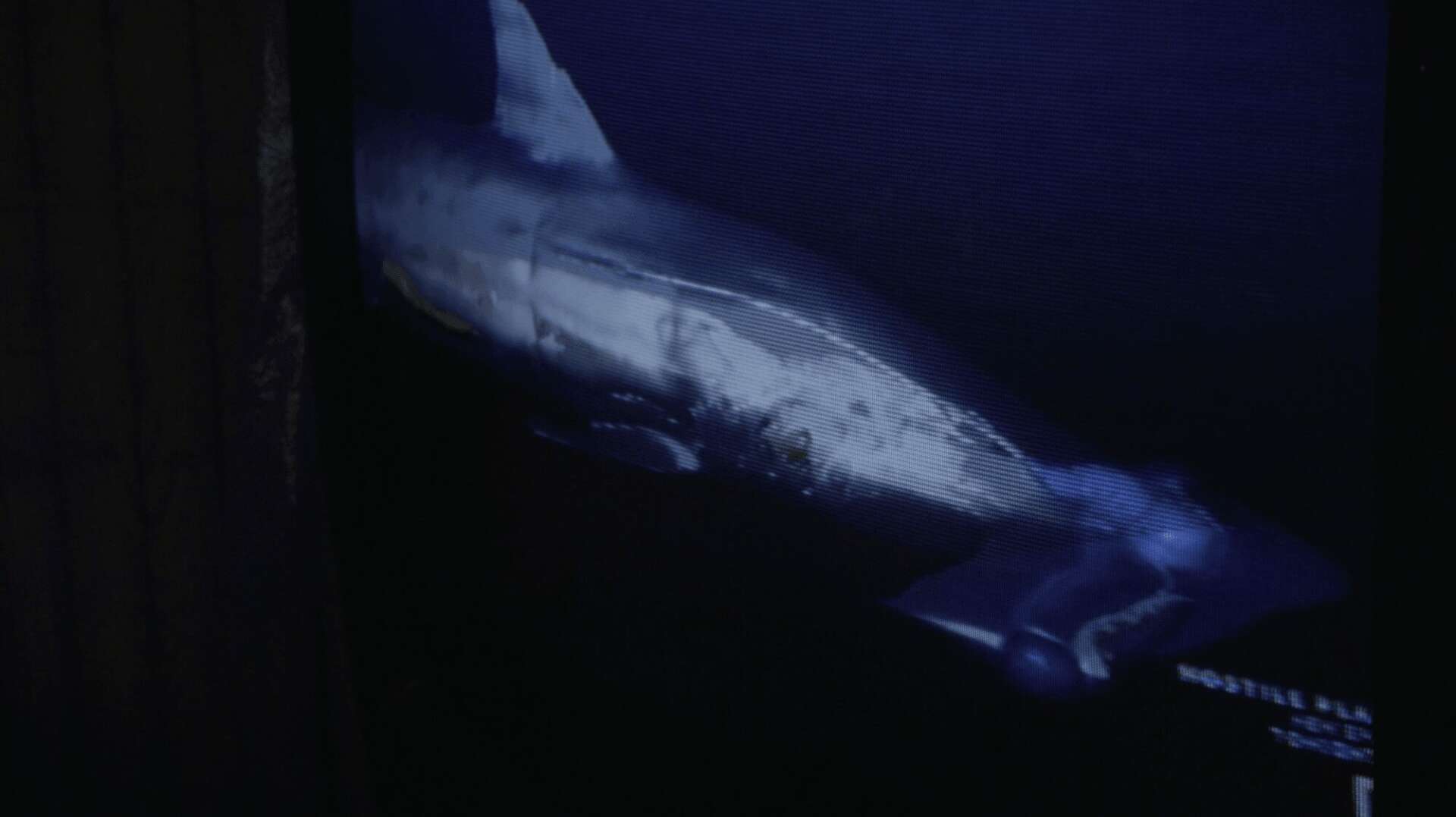
Ke, love having you share your insights with us. Before we ask you more questions, maybe you can take a moment to introduce yourself to our readers who might have missed our earlier conversations?
I am a director and writer currently residing in New York. Since 2015, I have immersed myself in film and video art, exploring various genres, including documentary, fiction film, and video installation, until I focused solely on the path of a writer-director for narrative film. In 2019, I came to New York for an MFA program in Film Directing & Screenwriting at Columbia University. Over the years, I have written and directed three short films of my own: my lastest work “Same Star Above Us” (Student Selects Award at Columbia University), “Iron, Butterfly” and “Mermaid on a Summer’s Night” (awarded Best Fantasy Short Film at Hallucinea Film Festival). Besides working on my films as a writer and director, I have also worked in different roles on other short and feature length films and commercials, mainly as an editor or production designer, which allowed me to expand my skill set and prepare for the career of a director.
After graduated from Columbia University, I’m planning on founding my own production studio in New York City with a few friends I’ve worked with for a while. Throughout the practices in the past few years, I realized I thrive working with people I trusted and could befriend with.
My latest personal project, “Same Star Above Us,” is a short film—a time-travel road movie. It follows the story of a runaway mother who crosses paths with a young woman stranded in a remote town. These two women spend an afternoon in an abandoned park, encountering kitsch dinosaurs and experiencing unexpected time travel before parting ways and returning to their respective paths. Throughout my work, I have always enjoyed weaving magical and romantic moments into stories grounded in reality. Life is indeed exciting, but if I’m being honest, I think a huge portion of it could be repetitive and mundane. We start with nothing, and once we earn something, we often fear losing what we gain, tangible or intangible. This fear and effort to hold onto what we value keep life on a certain track. And that’s what makes life somewhat unattractive. What I love about filmmaking is its ability to create a parallel universe—a distorted reflection of reality—a space where we can break free, and add a tinge of magic. In the film, the main character desires to travel back in time to make up for her youth, so I fulfill her wish.
Currently, I am working on a docufiction short film about a hardware store salesman in Chinatown who dresses up as a yakuza every day. I’m also writing a feature script “Winter Cactus” based on a breakup road trip I just had with a close friend in Southern China.
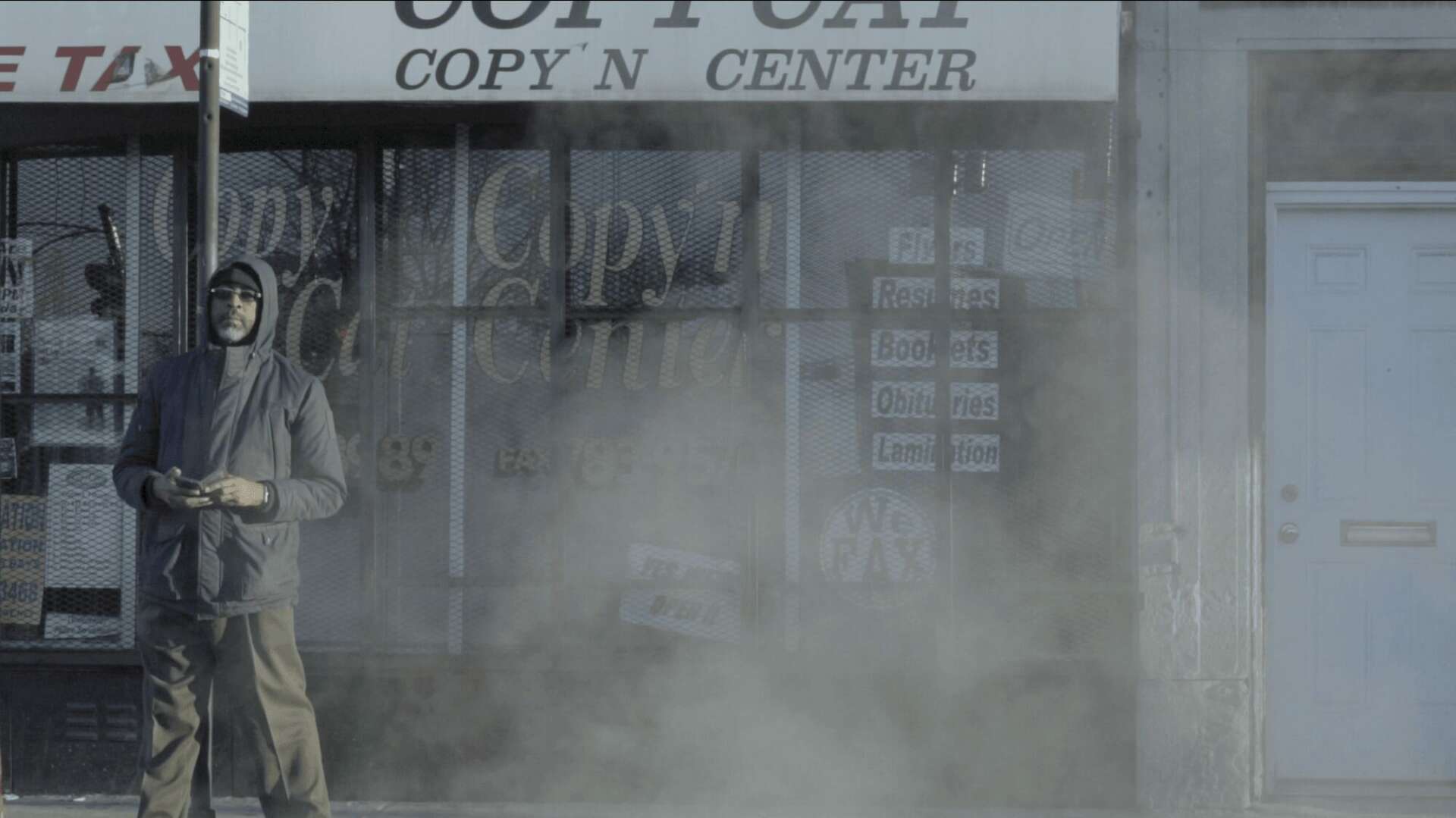
For you, what’s the most rewarding aspect of being a creative?
For me, the most rewarding aspect of being an artist is the opportunity to engage with a diverse array of people and to immerse myself in different walks of life. This constant exchange of ideas and experiences shapes me as a person and profoundly influences my work.
Working alongside individuals from various backgrounds—whether they are fellow artists, community members, or people with unique stories—introduces me to perspectives that I might never have encountered otherwise. These collaborations foster a sense of connection and empathy, allowing me to appreciate the richness of human diversity.
I’ve always believed that making films, or creating art in general, is not just about self-expression. Instead, it’s about building bridges between different worlds. Each project offered me a chance to uncover the layers of different human experience.
Not to mention how gratifying it is to see the impact of my work on others. A work of art is completed by the viewer. Whether it’s sparking a conversation or evoking an emotional response, knowing that my art has made a difference in someone’s perspective is incredibly meaningful. I want to make art to connect people.
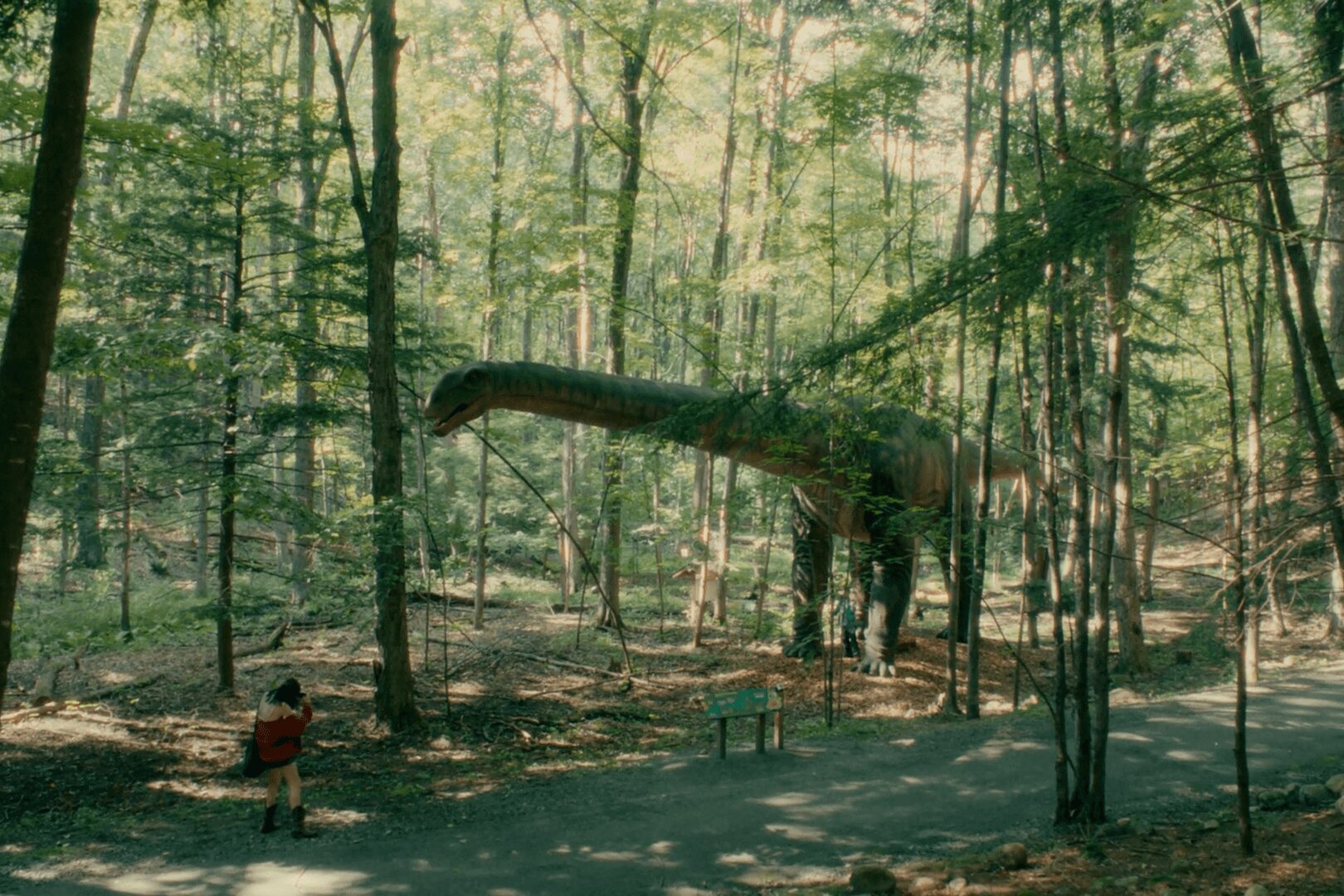
Have you ever had to pivot?
One significant time I had to pivot in my career was during the development of my experimental documentary, “Never Fear, And You Will Be Lucky.” Initially, I had a premised idea of creating a documentary focusing on the life of a Chinese girl reported as a prostitute in an African American community crime newspaper. As I began my search for her in my new neighborhood, I quickly realized that the reality of the situation was far more complex than I had anticipated.
While trying to find her, I encountered various individuals who shared their own stories and struggles. The more people I spoke to, the more I understood that their perspectives and experiences were interconnected in ways I hadn’t foreseen. I realized that, as a middle-class art school student, I had imposed my preconceived ideas onto people and lives I didn’t fully understand. This led me to question my initial approach and the very nature of the documentary I was trying to make. At that point, I realized that a documentary with a straightforward storyline and structured interviews would not do justice to the complexity of the stories I was uncovering.
Instead, I pivoted to an observational approach, focusing on casual conversations with people I encountered during the search and capturing the essence of the neighborhood through its places and sounds with emphasizing my perspective as an outsider. This method allowed me to explore the intricacies of the community and the underlying social issues more organically.
Ultimately, the film evolved from a search for a specific individual into a broader exploration of my journey as a filmmaker and a resident of the neighborhood. It became a documentary about the process of searching, rather than about finding definitive answers. This pivot was challenging but ultimately rewarding, as it allowed me to create a more authentic and impactful film. This experience taught me the importance of flexibility and openness to change in the creative process, and it has shaped the way I approach my work ever since.
Contact Info:
- Website: https://metallicbabylon.net/
- Instagram: https://www.instagram.com/metallic.babylon/
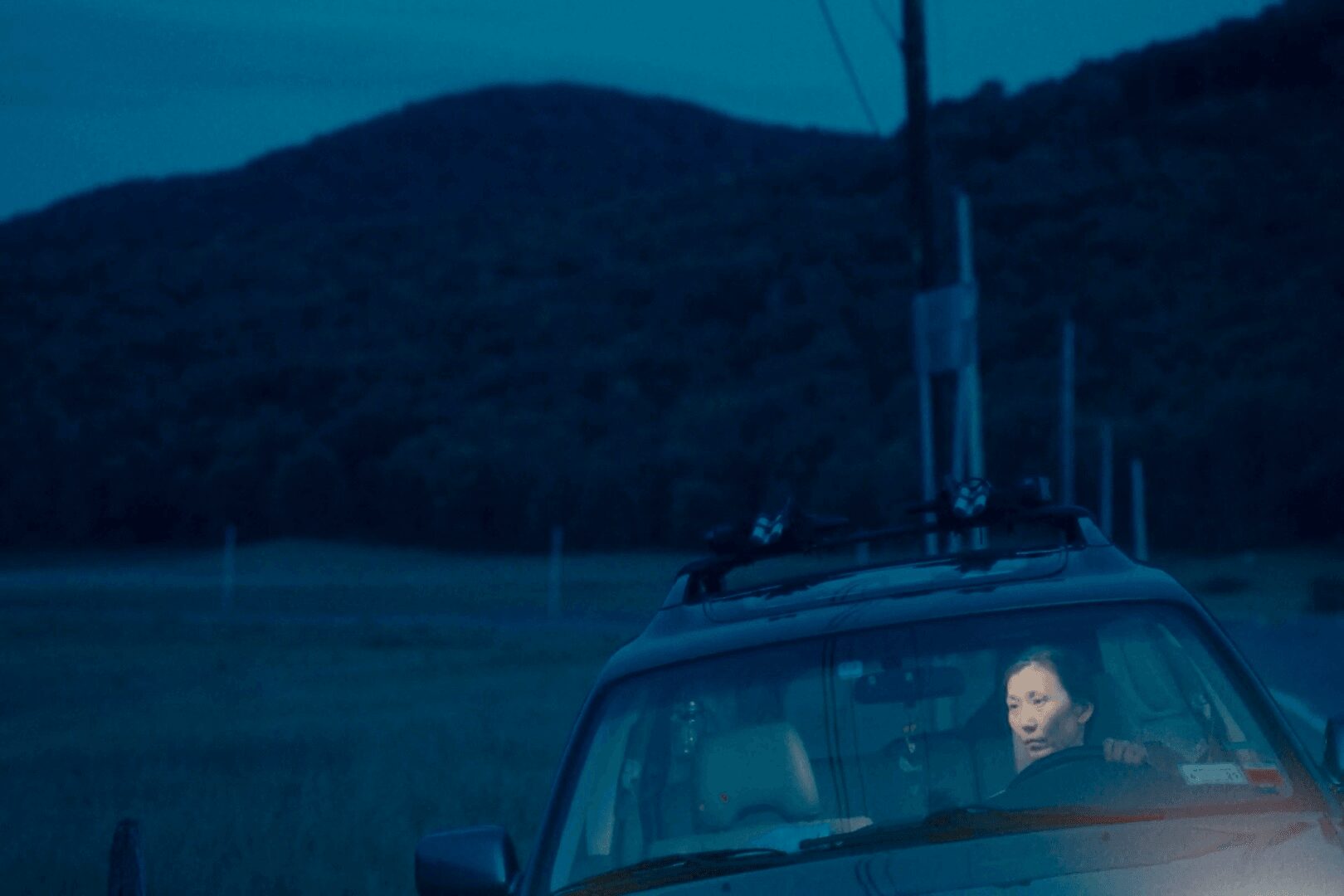
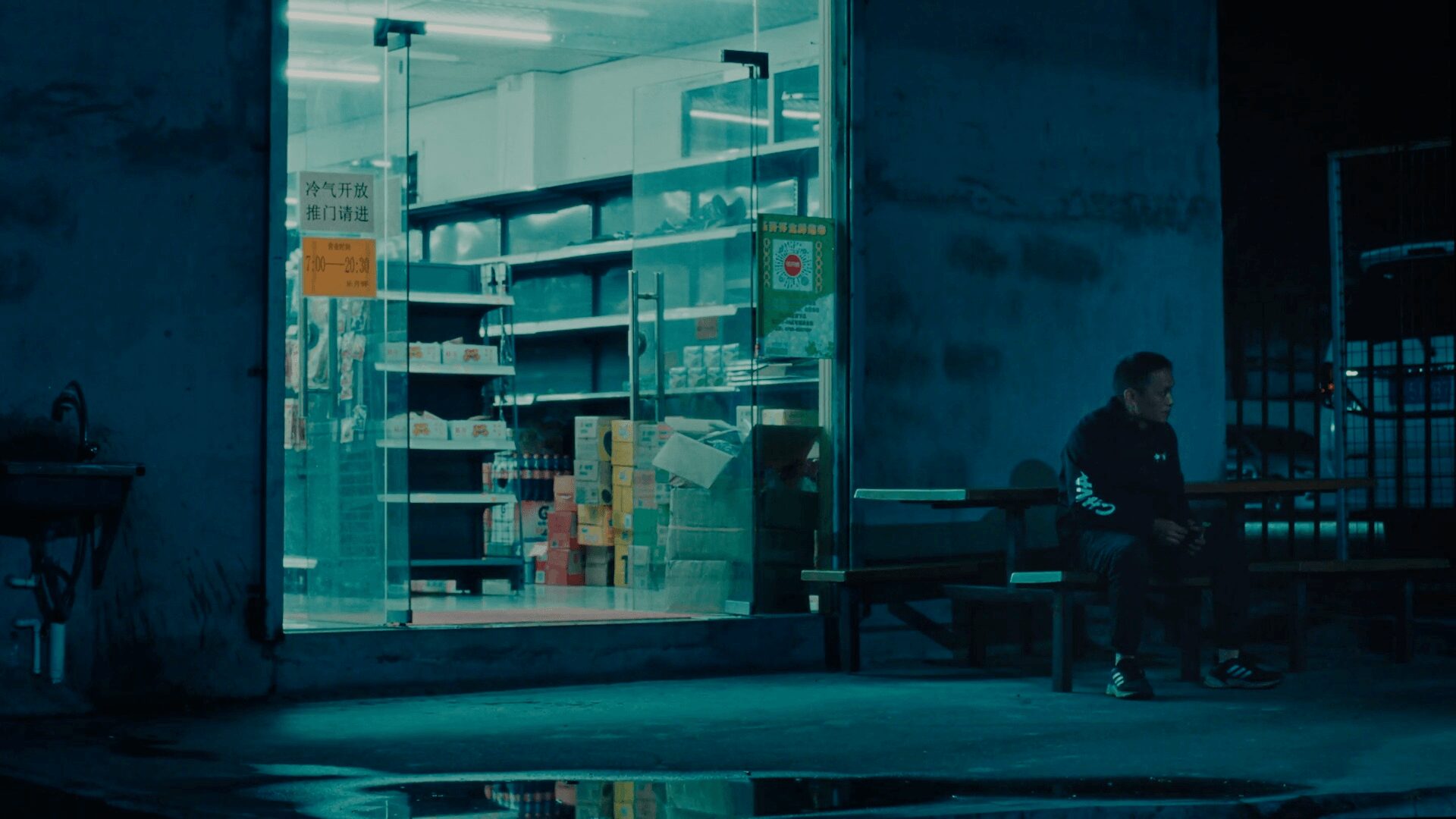
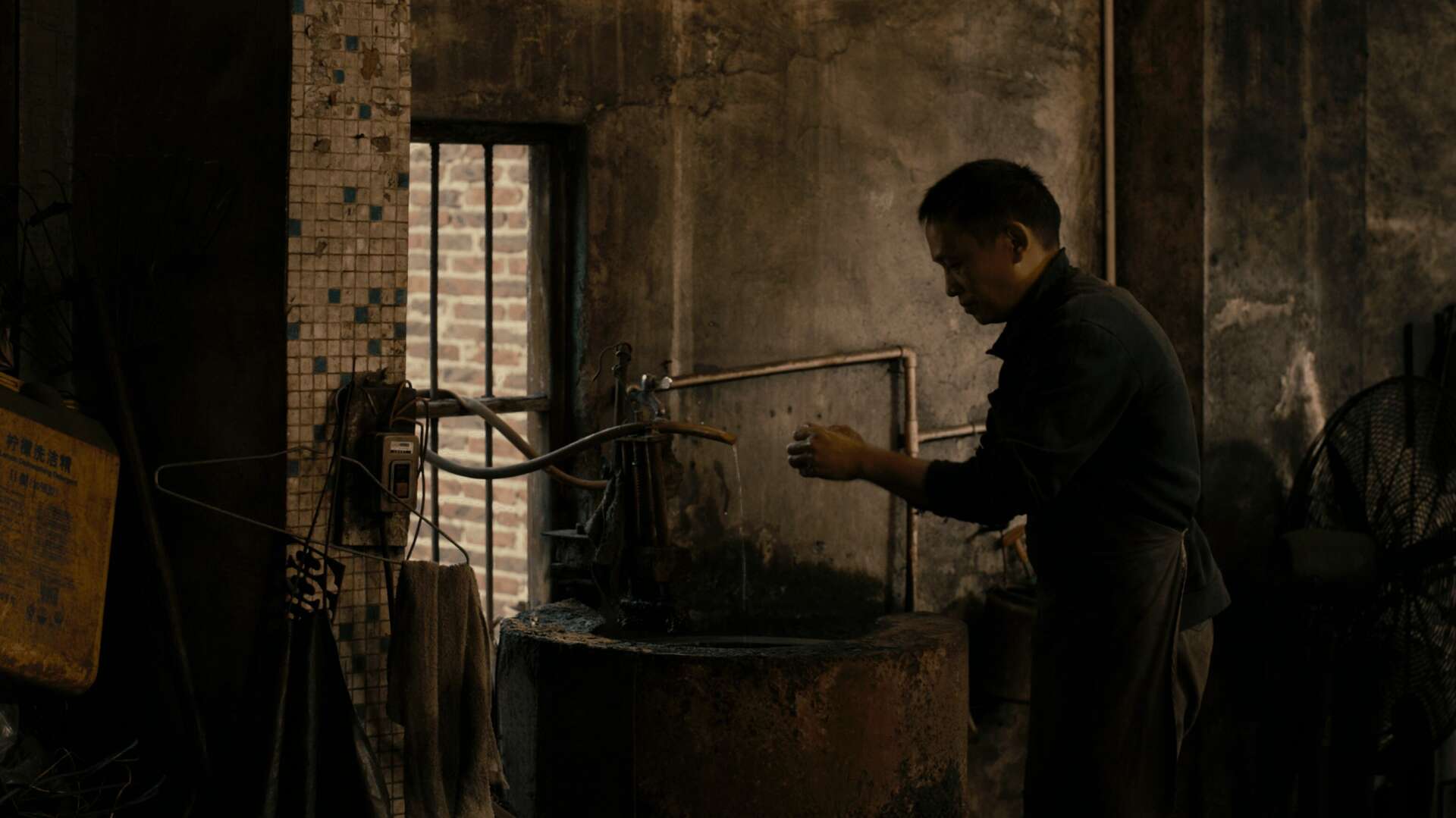
Image Credits
Image credit: Alex Xiao


